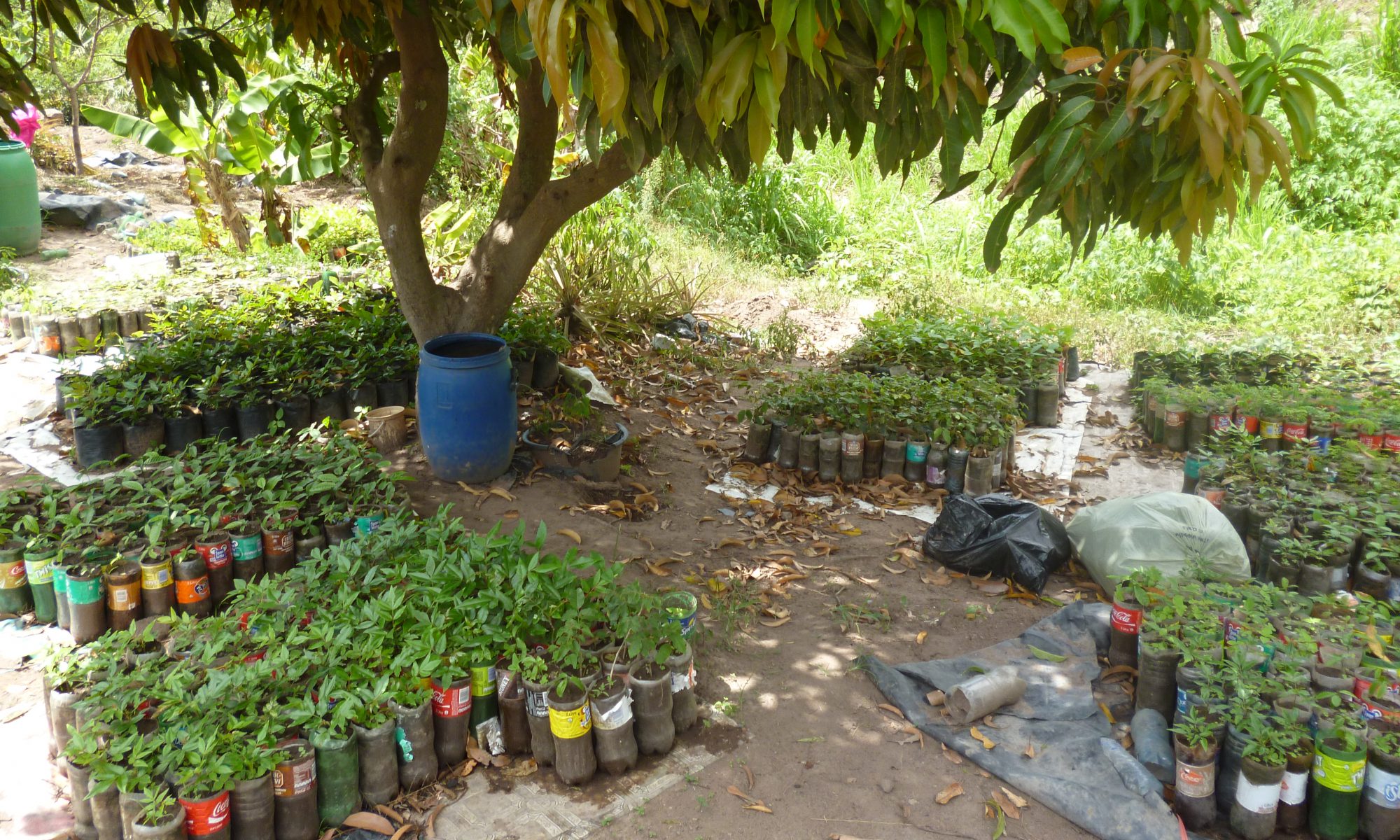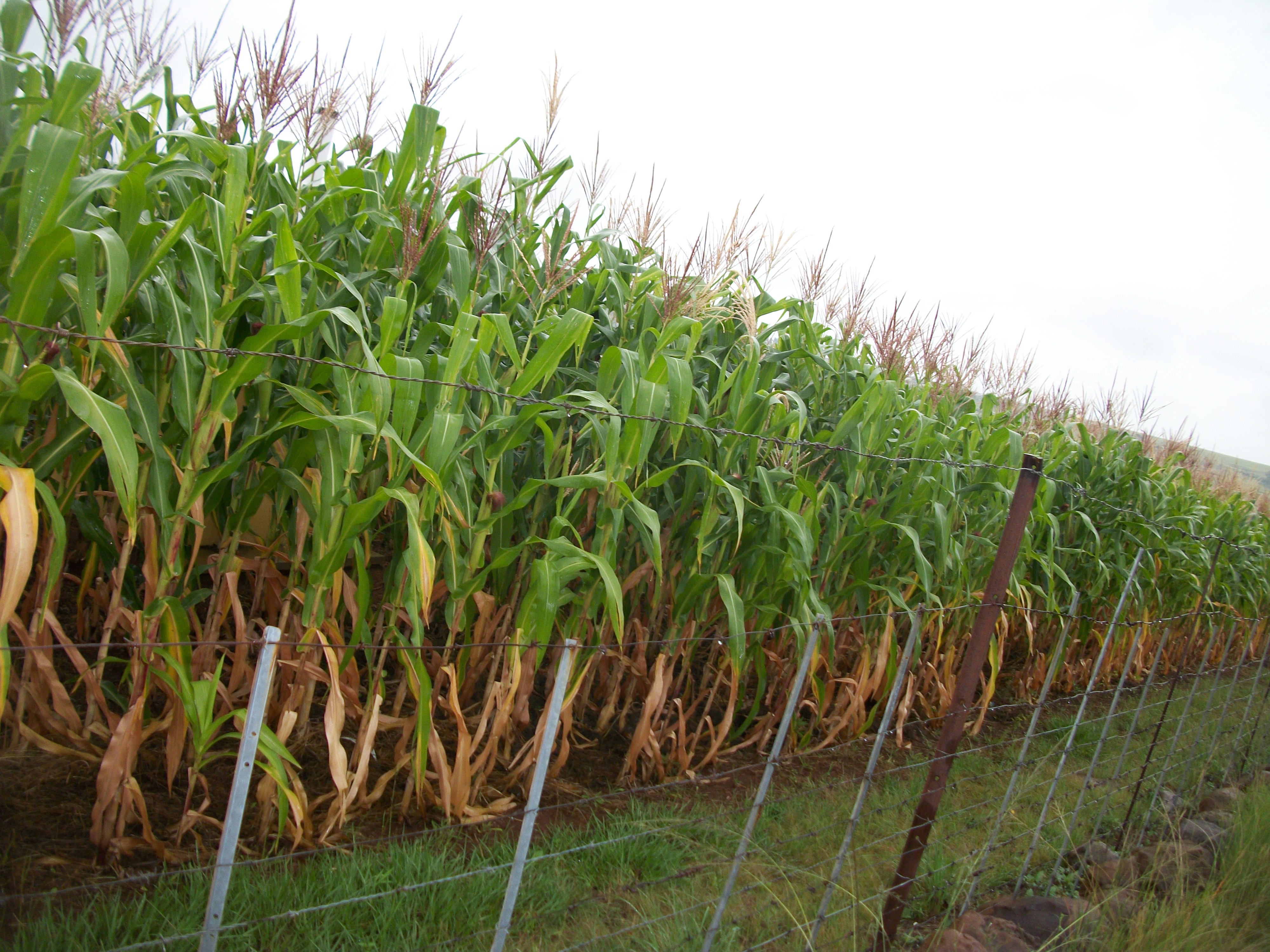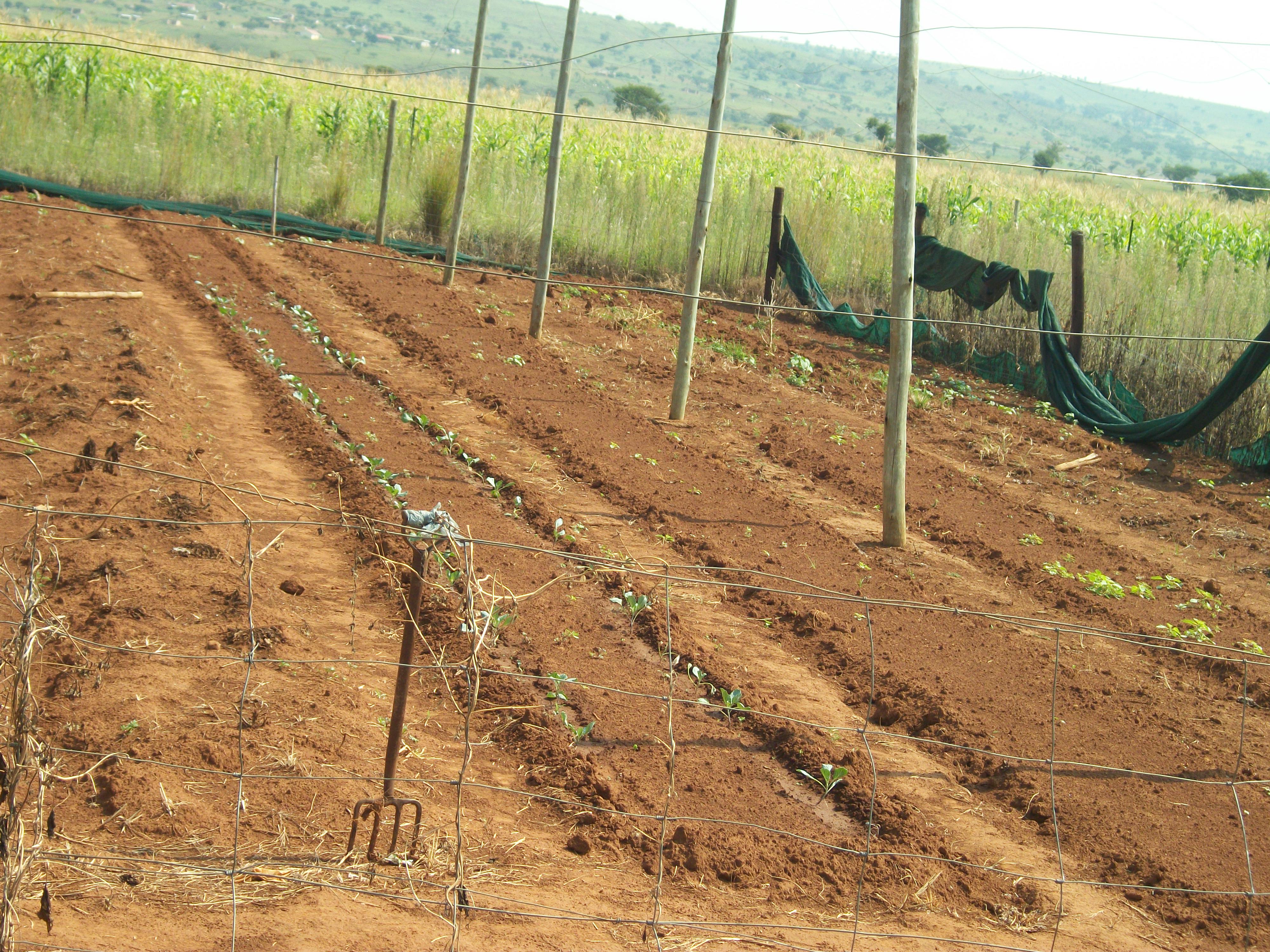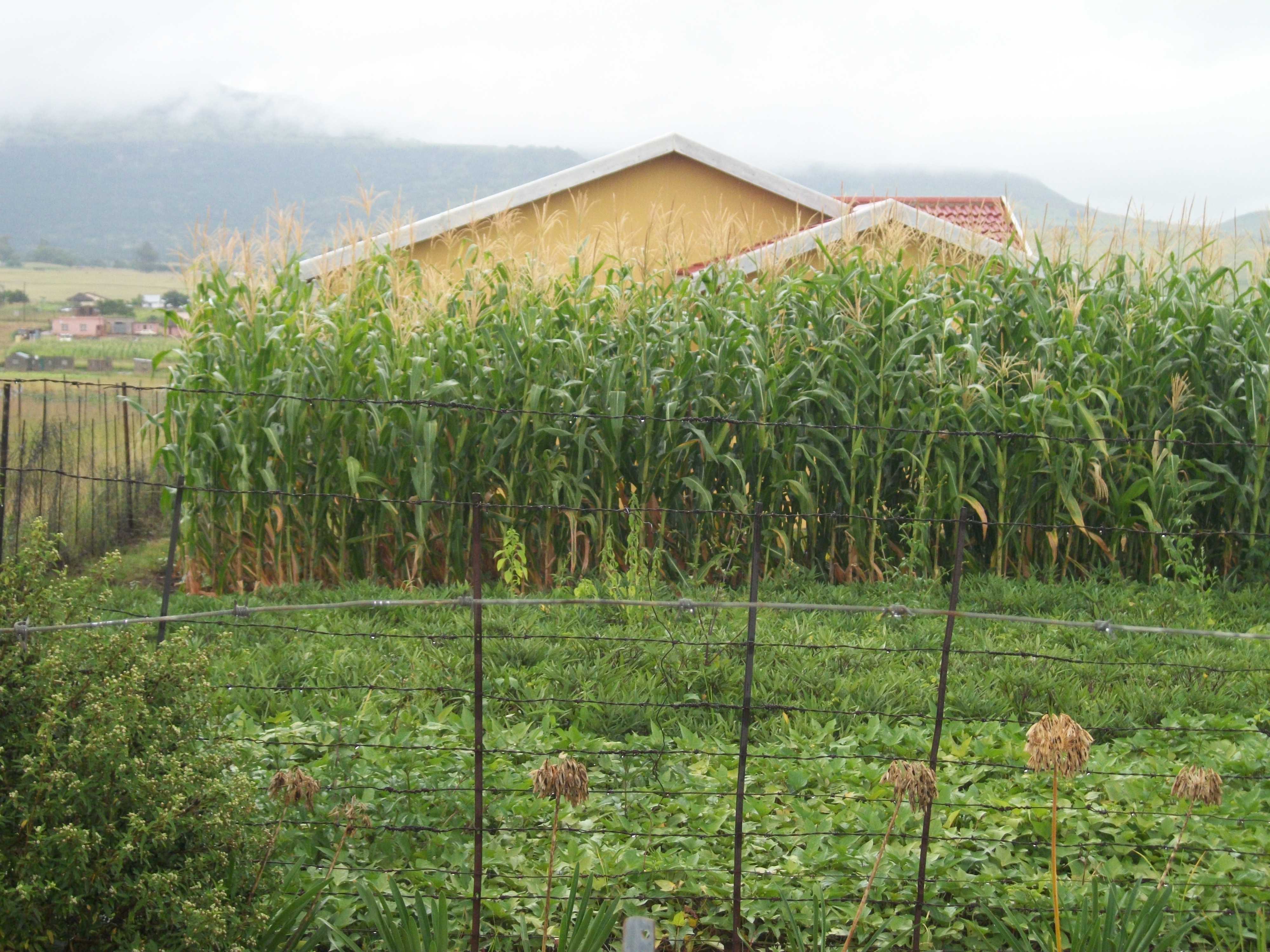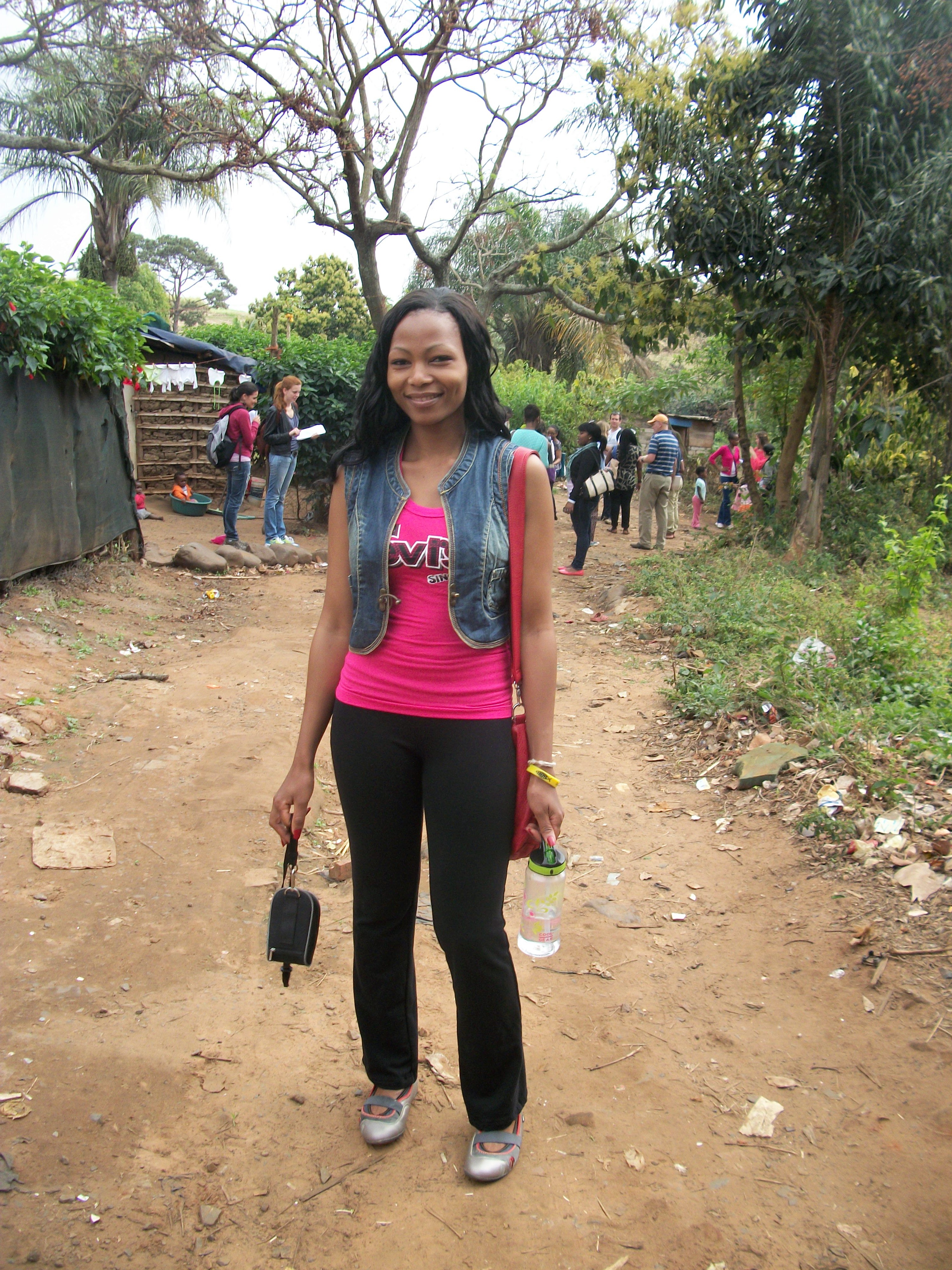Small-scale Farming- a Scoping Mission on Agricultural activities in eThekwini
By Precious Shezi
Small-scale farming is known for its significant role in reducing poverty especially in rural areas. However, with the increasing level of unemployment in rural, urban or peri-urban areas even metropolitan municipalities like eThekwini have to deal with a number of people confronted by poverty on daily basis. The 2011 census indicated that about 30,2% of the metro’s population is unemployed.
Currently, there has been increasing interest in urban agriculture as among the significant activities positioned to buffer against poverty in urban and peri-uban scenery. Like most of the municipalities located within the KwaZulu-Natal province, eThekwini comprised of high agricultural potential areas. However, there are limited agricultural activities that are taking place in the eThekwini Municipality. This is generally associated with the lack of access to arable land. As I have observed kwaNdengezi and Impola urban areas, ownership of land is amongst the main issues affecting farming thus, most farmers rely on limited spaces available on schools premises or municipal land.
[photo: Some of farming activities at KwaNdengezi and Impola communities, credit P. Shezi]
It is also important to note the reach of government in these agricultural spaces. The eThekwini municipality serves as the main contributing institution to farming in these urban areas as there are no signs of other actors such as NGO interventions. Service provision ranges from working materials, compost, seeds, water and professional advice. While these are significant, farmers claim very limited knowledge on issues pertaining to climate change and adaptations to it. When I had a brief conversation with the agricultural extension officer, she confirmed that there have been no trainings or educational services on climate change. This poses limitations to the climate change adaptation since people have little understanding of the problem they are facing. Even so, there are potentials for improvement since some of their farming techniques resemble those of climate-smart agriculture.
Lastly, some farmers pointed out that there are promising channels for food markets around the area, therefore crops are not only produced for subsistence or own consumption but for income generation as well. Thus, according to the centre for development support (2010), urban agriculture plays a small yet has a significant role in addressing poverty.
Author’s Bibliography
Precious Shezi is a University of KwaZulu-Natal graduate, obtained a Bachelor of Social Sciences degree in Geography and Environmental Management. She further studied her Honors degree in Agriculture where she got her background in the inclusive processes of post-colonial research methods which are foundational to the BAgric Extension and Rural Resource Management. Feeling the need to broaden her horizons in development issues, she studied her Masters Degree in Development Studies and has just completed the programme. Her research largely focuses on the local economic development, poverty reduction and agriculture. She currently work as a research assistant in the South African Research Chair Initiative (SARCHi) in Applied Poverty Reduction under the School of Built Environment and Development Studies.
